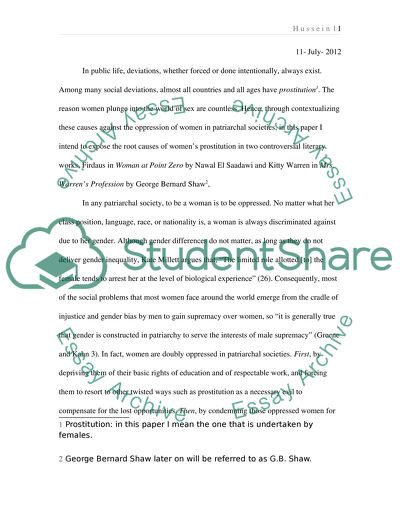Cite this document
(“Prostitution Essay Example | Topics and Well Written Essays - 3500 words”, n.d.)
Prostitution Essay Example | Topics and Well Written Essays - 3500 words. Retrieved from https://studentshare.org/literature/1400075-prostitution
Prostitution Essay Example | Topics and Well Written Essays - 3500 words. Retrieved from https://studentshare.org/literature/1400075-prostitution
(Prostitution Essay Example | Topics and Well Written Essays - 3500 Words)
Prostitution Essay Example | Topics and Well Written Essays - 3500 Words. https://studentshare.org/literature/1400075-prostitution.
Prostitution Essay Example | Topics and Well Written Essays - 3500 Words. https://studentshare.org/literature/1400075-prostitution.
“Prostitution Essay Example | Topics and Well Written Essays - 3500 Words”, n.d. https://studentshare.org/literature/1400075-prostitution.


